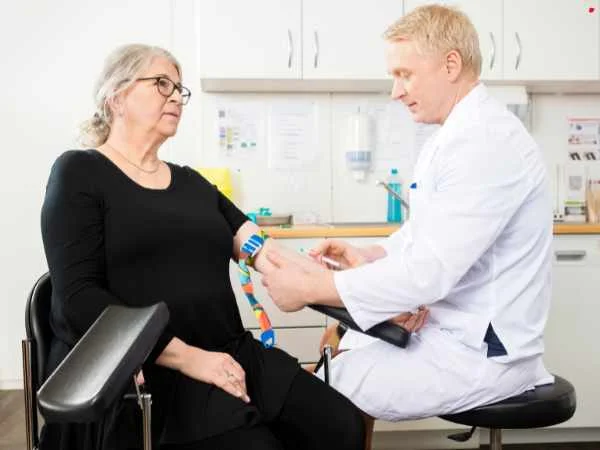As men get older, especially those over 60, focusing on health and wellness becomes crucial. Regular screenings and tests are key for spotting potential health problems early on. This article highlights some important check-ups that men in this age group should think about to stay healthy.
Routine visits to the doctor matter a lot. For those living in assisted communities, having access to these essential health services is vital for overall well-being.
Cardiovascular Health Screening
Cardiovascular disease is a major health issue for older men. Regular check-ups are essential to catch any problems early on. These screenings usually involve measuring blood pressure, testing cholesterol levels, and performing electrocardiograms (EKG).
Blood pressure checks can reveal hypertension, which raises the risk of heart disease and stroke. Cholesterol tests look at LDL (the bad kind) and HDL (the good kind), along with triglycerides, to evaluate cardiovascular risks. EKGs help spot irregular heart rhythms or other issues.
By keeping an eye on these factors, healthcare providers can suggest lifestyle changes or medications that support better heart health.
Prostate Health Screening
Prostate health is a major concern for men over 60. Prostate cancer ranks among the most common cancers in older males, so regular screenings are crucial. The two main tests used are the prostate-specific antigen (PSA) blood test and the digital rectal exam (DRE).
The PSA test checks how much PSA is in the blood. High levels might suggest prostate cancer or other issues with the prostate. Meanwhile, during a DRE, a doctor examines the prostate gland directly to look for any problems.
Catching potential issues early can lead to better treatment options and outcomes. That’s why these screenings play an important role in maintaining men’s health as they age.
Bone Density Test
As men get older, the chances of developing osteoporosis and experiencing bone fractures go up. Bone density tests, often called DEXA scans, are used to check how strong bones are. These tests become especially important for men over 60 since they can spot early signs of bone loss before any fractures happen.
Osteoporosis can lead to serious issues like hip fractures that affect movement and overall quality of life. Catching low bone density in its early stages allows healthcare providers to suggest treatments or lifestyle changes aimed at strengthening bones and lowering fracture risks. Regular testing is key for keeping skeletal health in good shape as age increases.
Diabetes Screening
Diabetes is a common issue for older adults, making regular screenings really important. Men over 60 should get blood glucose tests on a routine basis to check for diabetes or prediabetes. The fasting blood glucose test looks at sugar levels after not eating overnight. On the other hand, the A1C test shows average blood sugar levels from the last two to three months.
Finding diabetes early means there’s time for action—like changing habits and possibly starting medications—to keep those sugar levels in check. If left unmanaged, diabetes can lead to serious problems like heart disease, kidney issues, and nerve damage. Regular screenings play a key role in preventing these complications while supporting overall health and well-being.
Conclusion
In summary, regular health check-ups and tests are crucial for men over 60. These screenings help keep them healthy and can catch potential issues early on. Important evaluations include cardiovascular checks, prostate exams, bone density assessments, and diabetes testing.
Being proactive about these appointments makes a real difference in managing health conditions effectively. It also leads to an overall better quality of life. Accessing these services is especially important in assisted living communities since they play a big role in supporting the well-being of older men.

